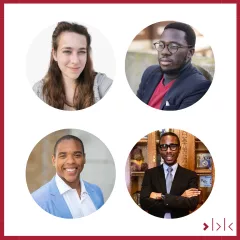
Berkman Klein Center Announces 2023-2024 Graduate Student Fellows

We are delighted to announce that four local-area students will join the Berkman Klein Center as Graduate Student Fellows in the 2023-2024 academic year. Shira Gur-Arieh, Bulelani Jili, Dylan Moses, and Brandon Sullivan will join our previously announced fellows to round out a robustly interdisciplinary and dynamic cohort studying the ways emerging technology and systems of power interrelate. As a home to scholars at many stages of career development, the Center is honored to welcome the energy and insights of these four gifted students who will advance their research agendas in our community in the coming year.
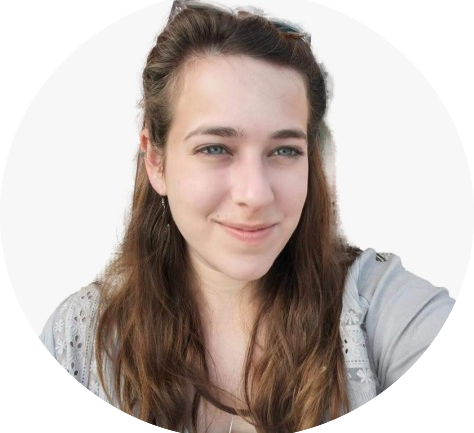
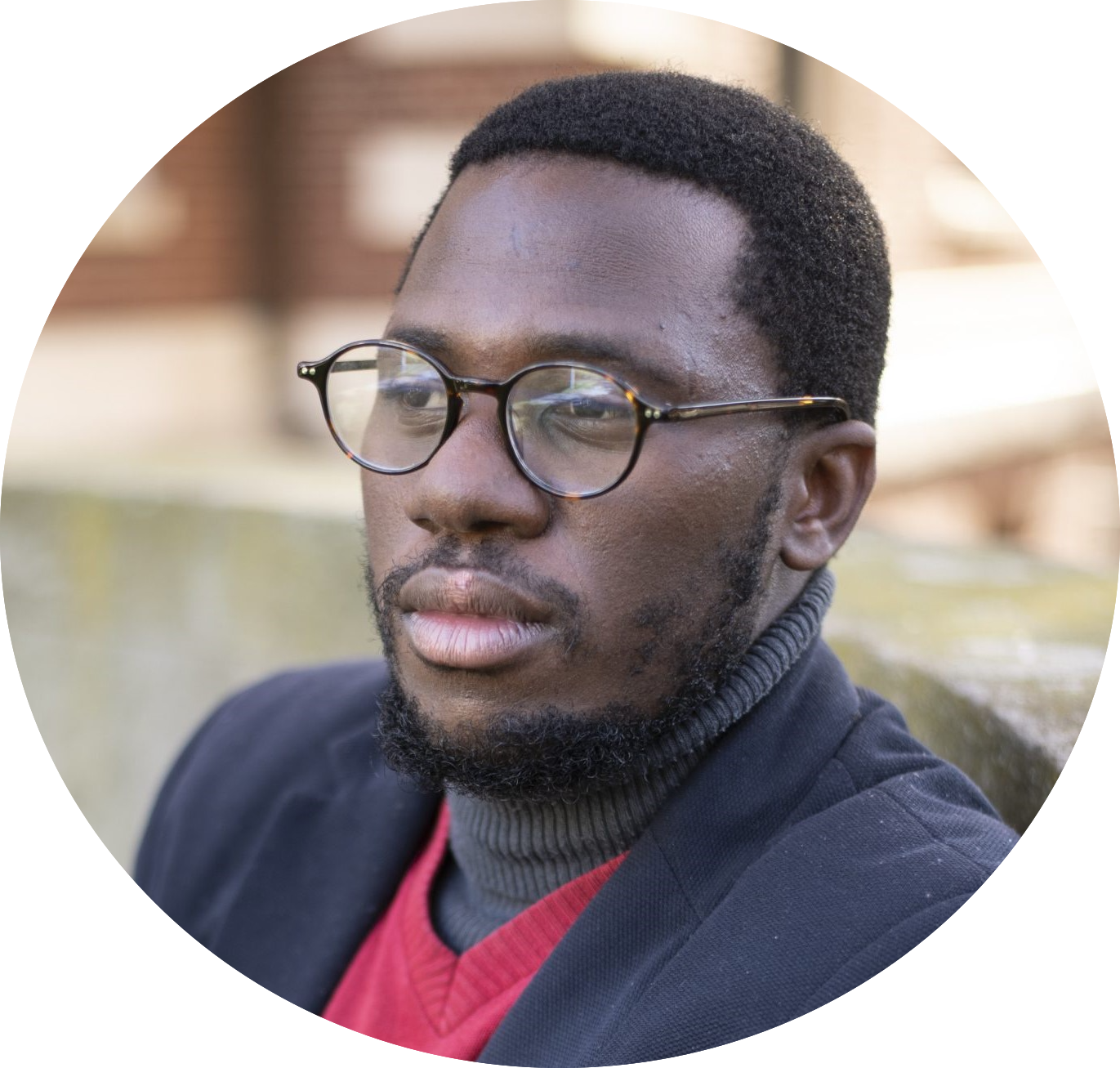
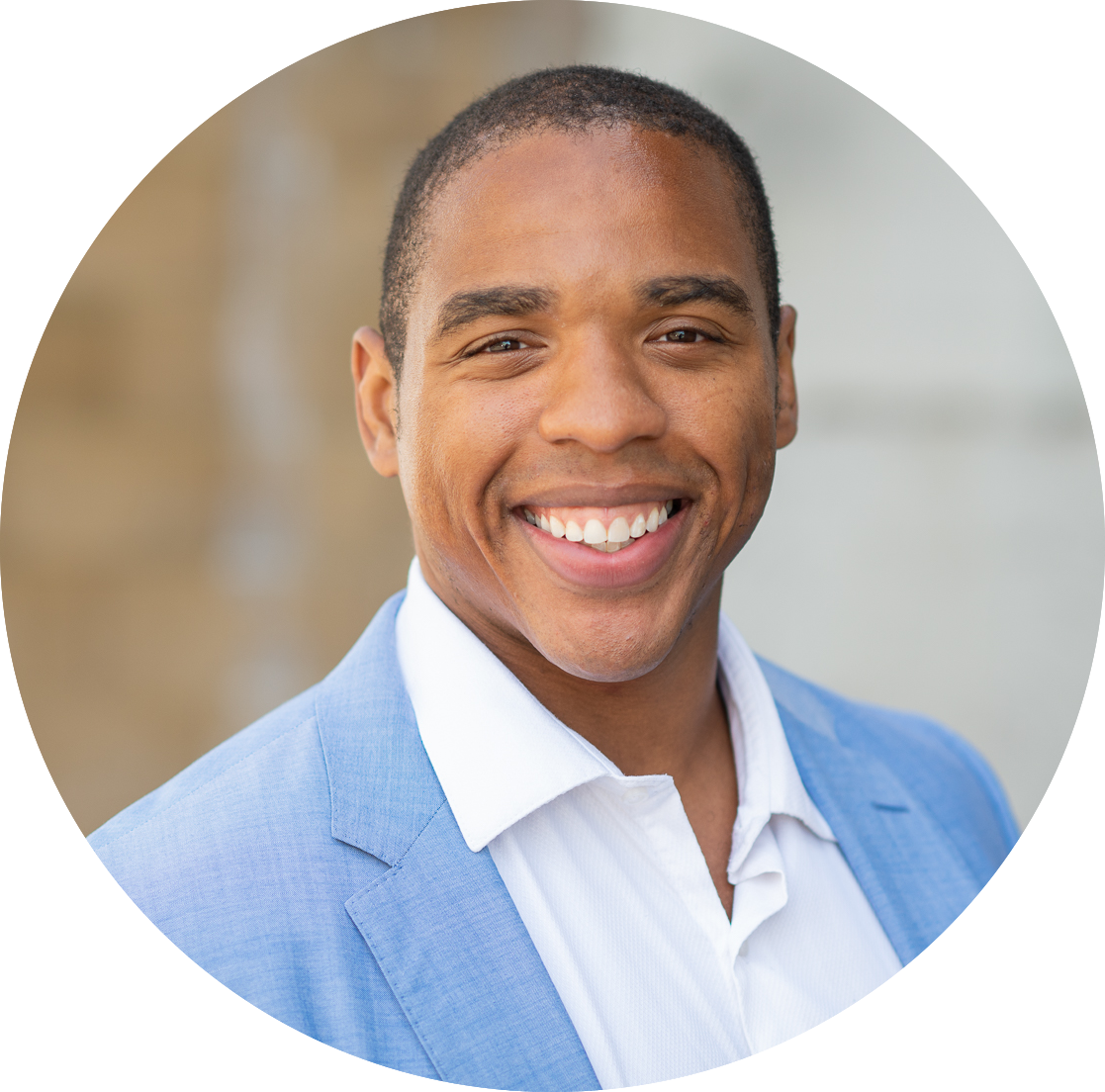
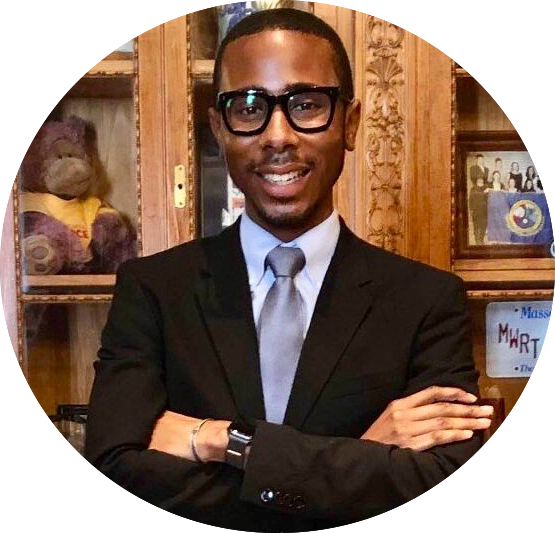
About the Berkman Klein Center
The Berkman Klein Center for Internet & Society at Harvard University is dedicated to exploring, understanding, and shaping the development of the digitally-networked environment. A diverse, interdisciplinary community of scholars, practitioners, technologists, policy experts, and advocates, we seek to tackle the most important challenges of the digital age while keeping focus on tangible real-world impact in the public interest. Our faculty, fellows, staff, and affiliates conduct research, build tools and platforms, educate others, form bridges and facilitate dialogue across and among diverse communities. More information at cyber.harvard.edu.